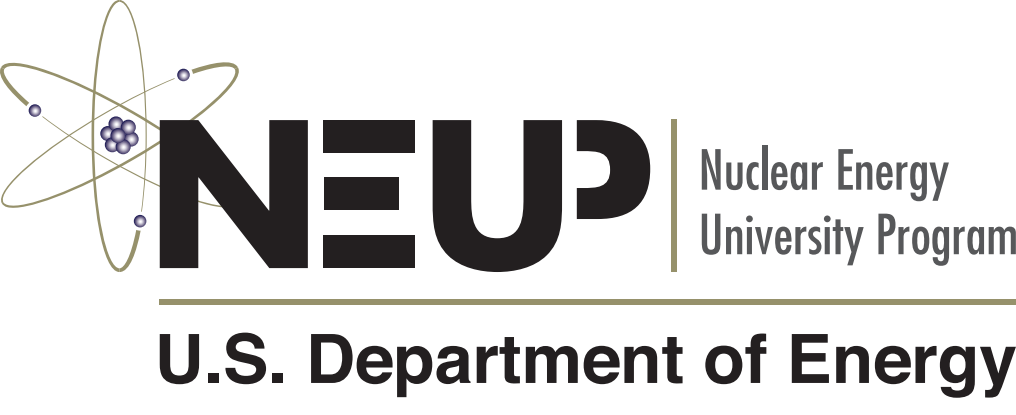FY 2012 Infrastructure Grants
The Department of Energy is awarding $6 million to 23 colleges and universities through the Nuclear Energy University Programs to support research reactor infrastructure improvements, ensuring that American universities have the best equipment and tools available to educate the next generation of industry leaders and strengthen U.S. competitiveness in nuclear R&D. These awards will upgrade the existing fleet of research reactors and support equipment and infrastructure improvements, making these reactors more efficient and in line with industry advances.
A full list of infrastructure recipients is listed below.
*Actual project funding will be established during contract negotiation phase.

